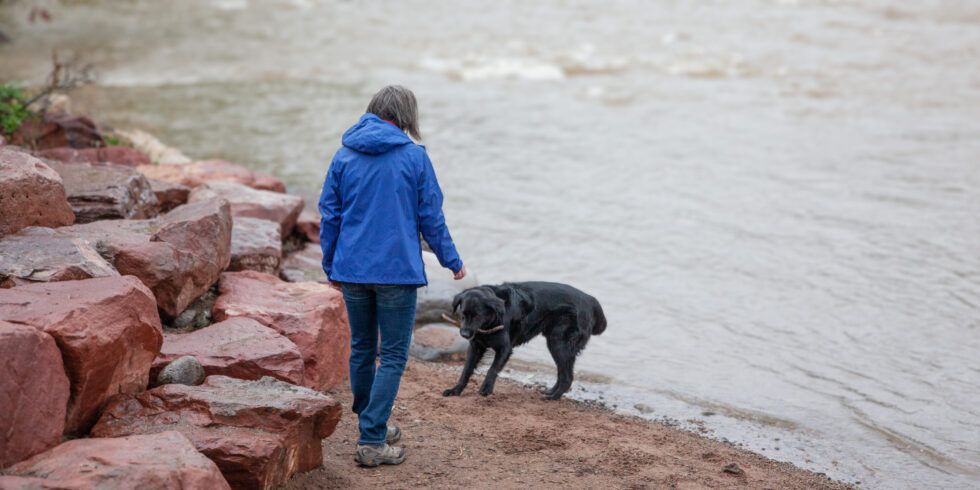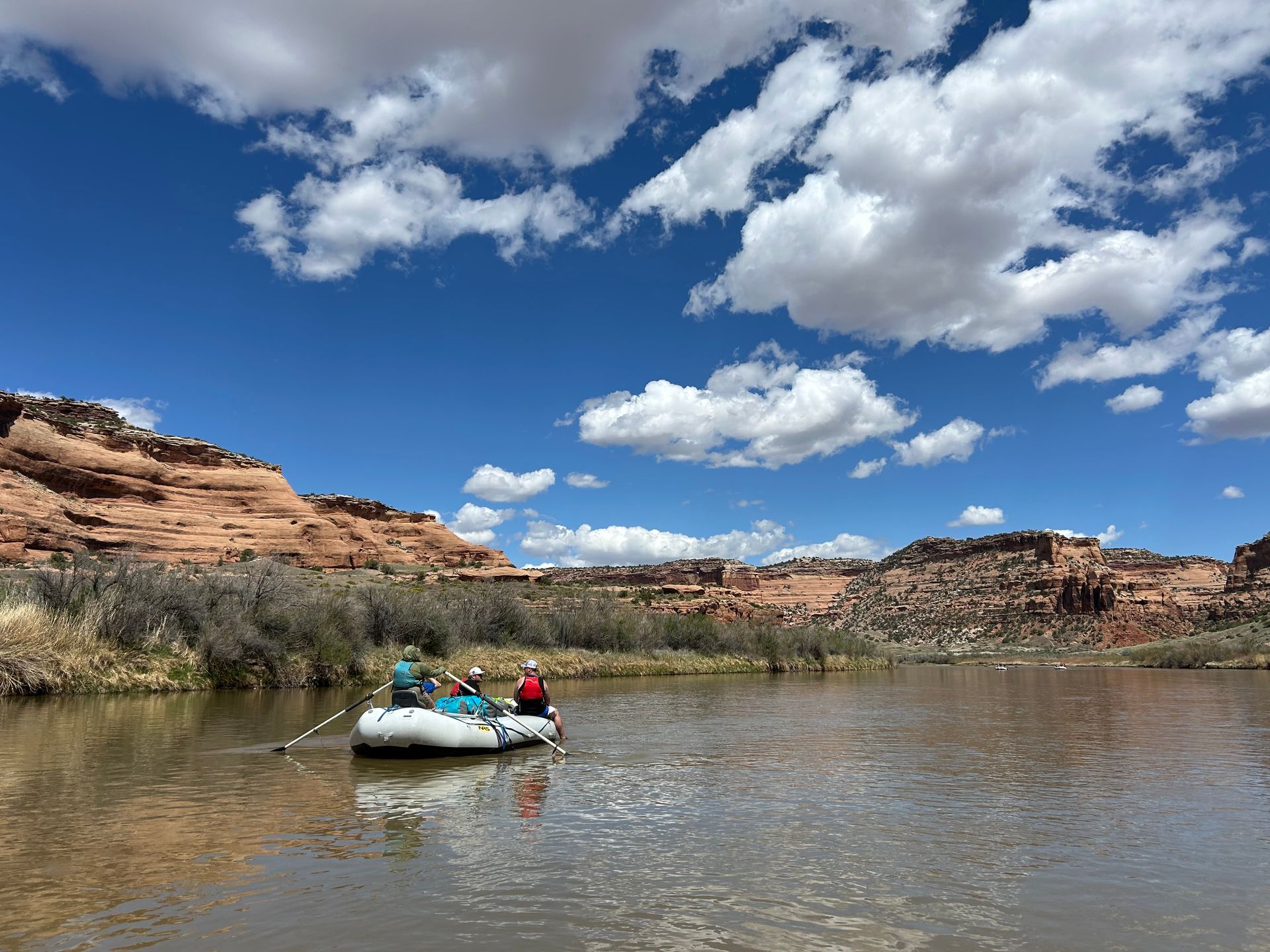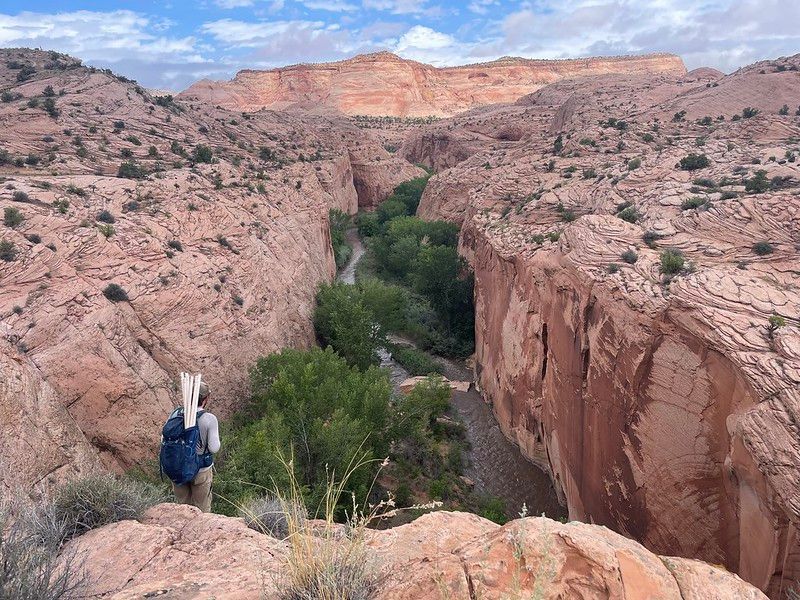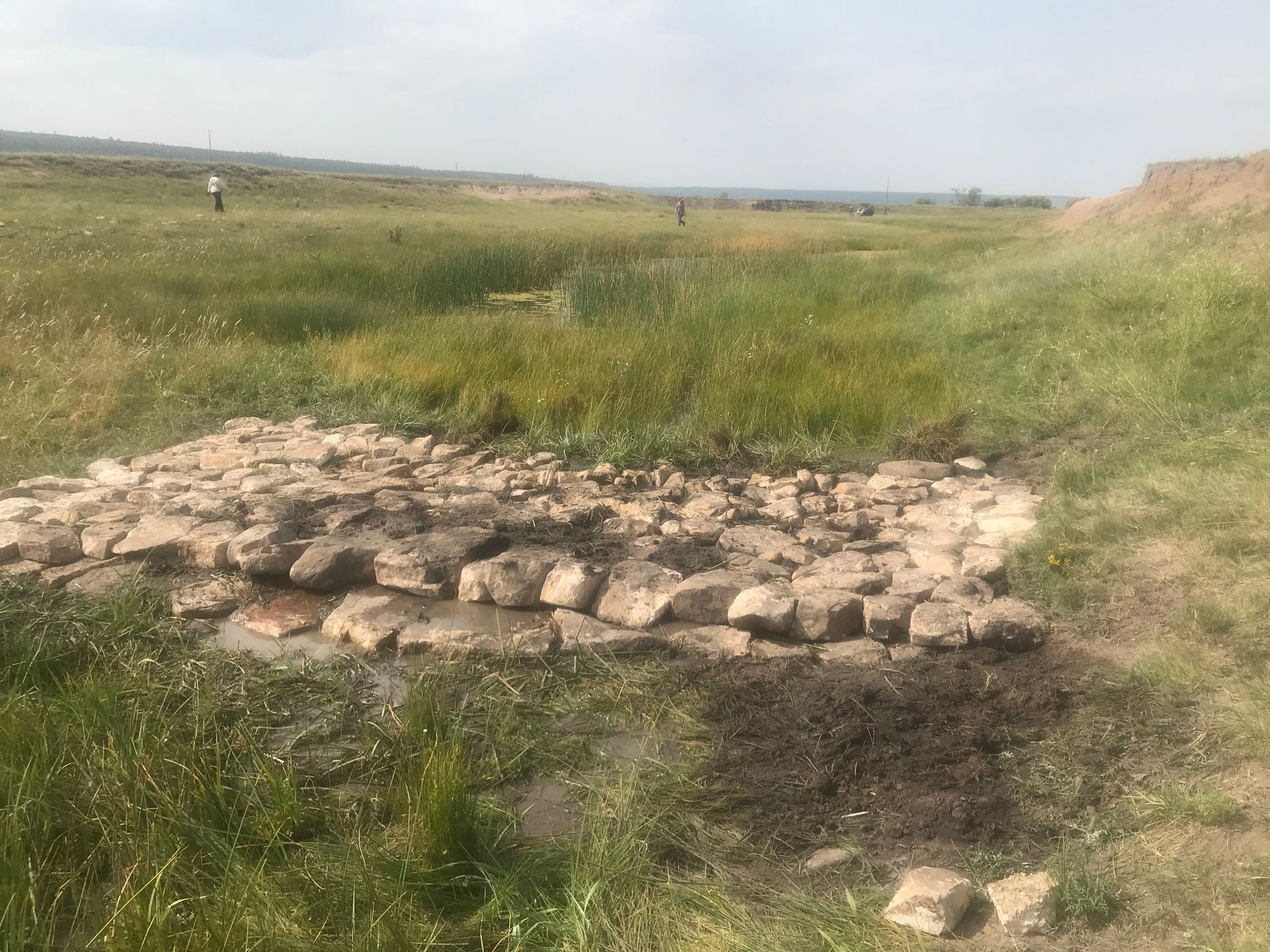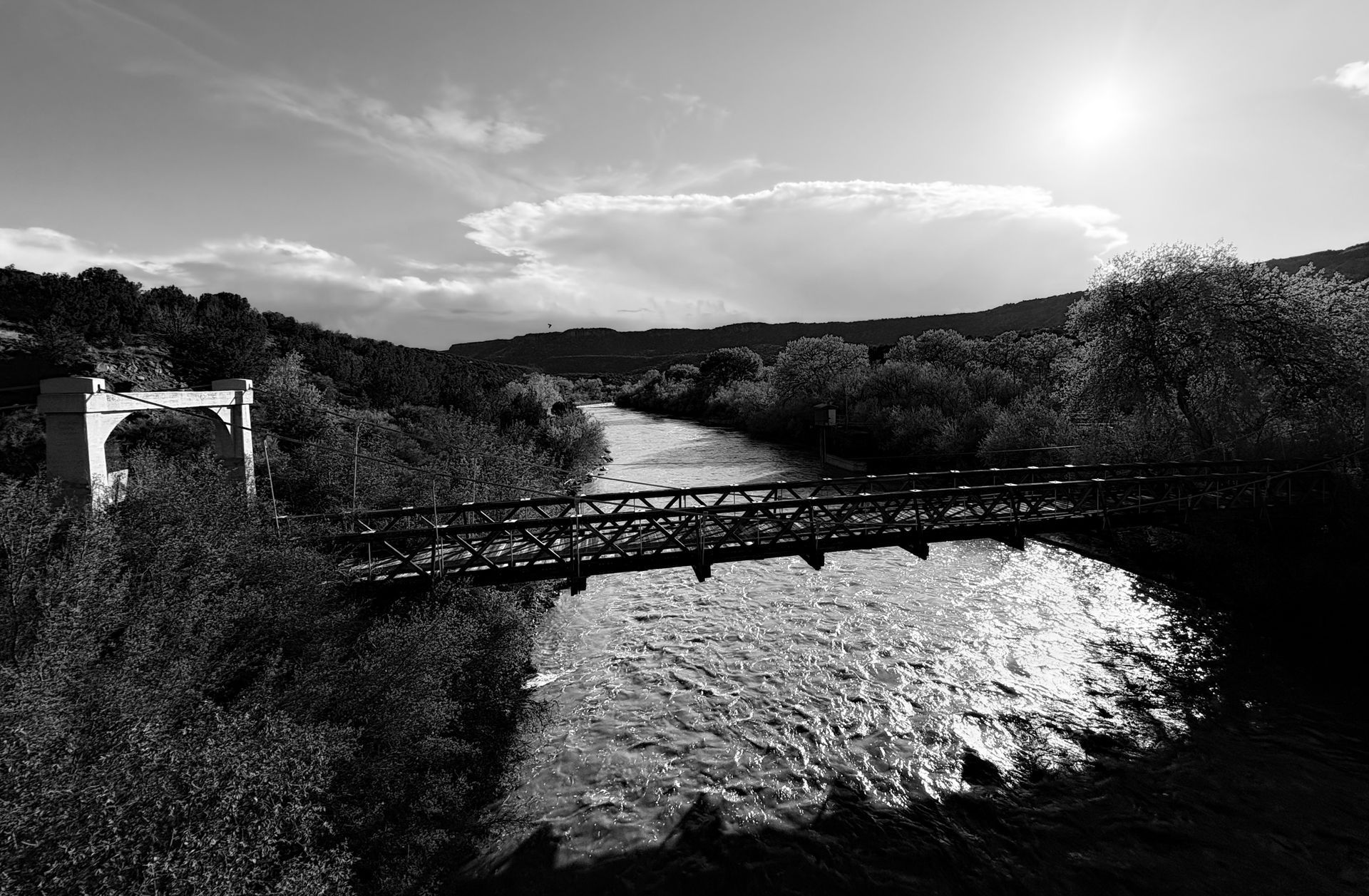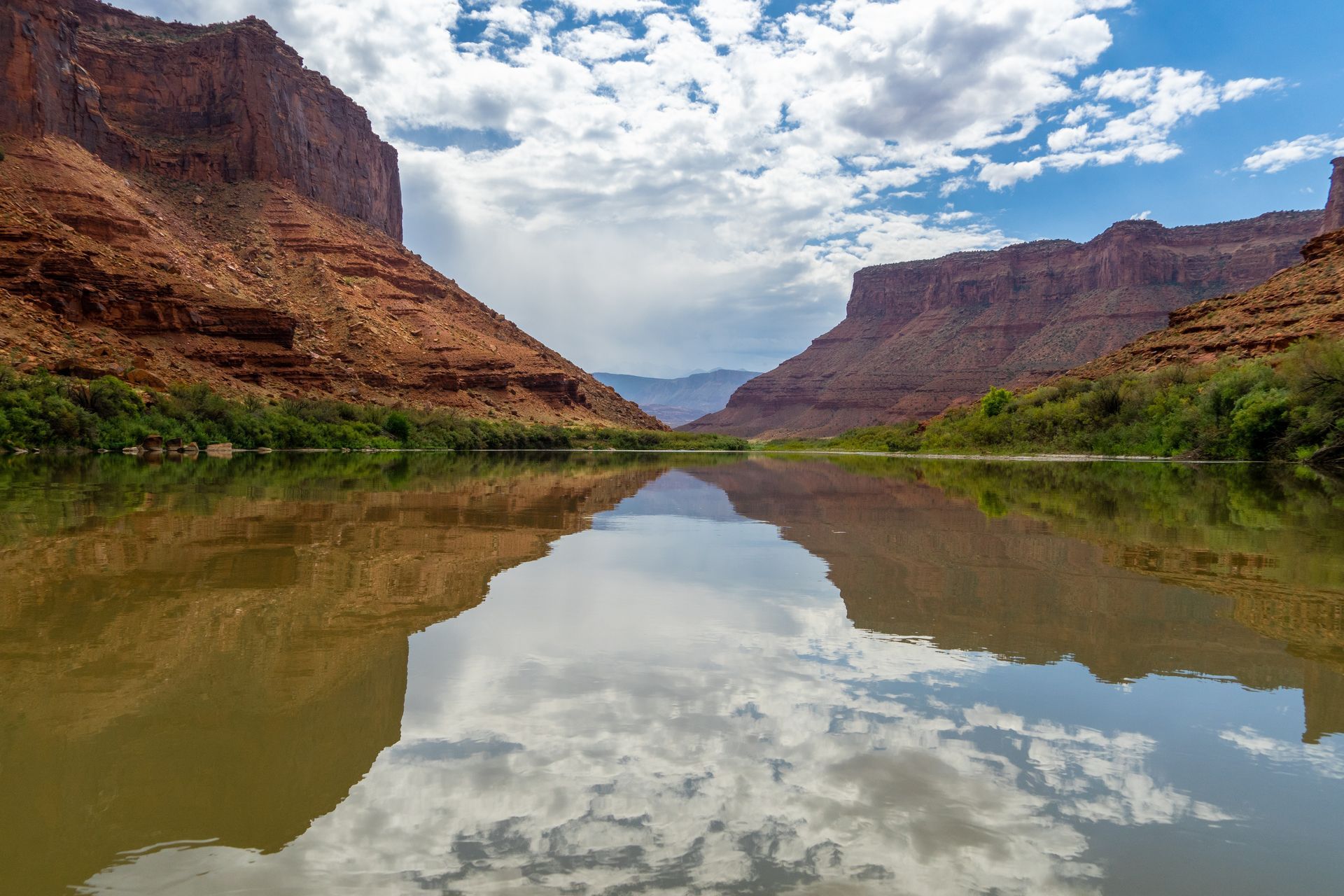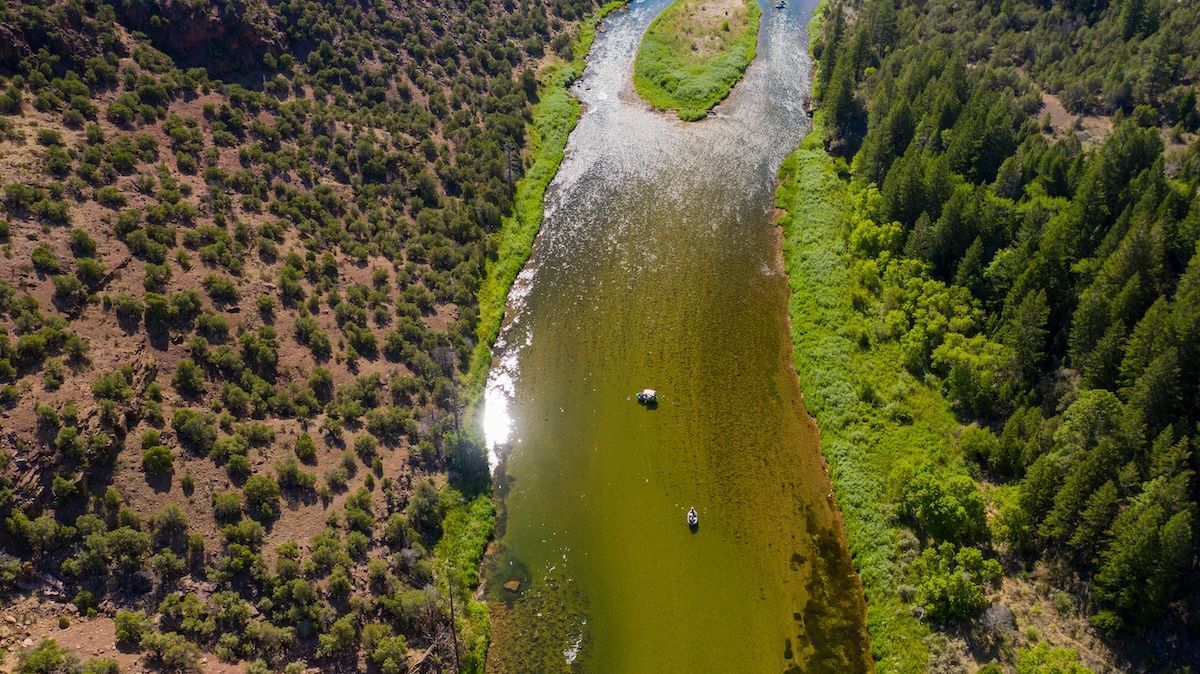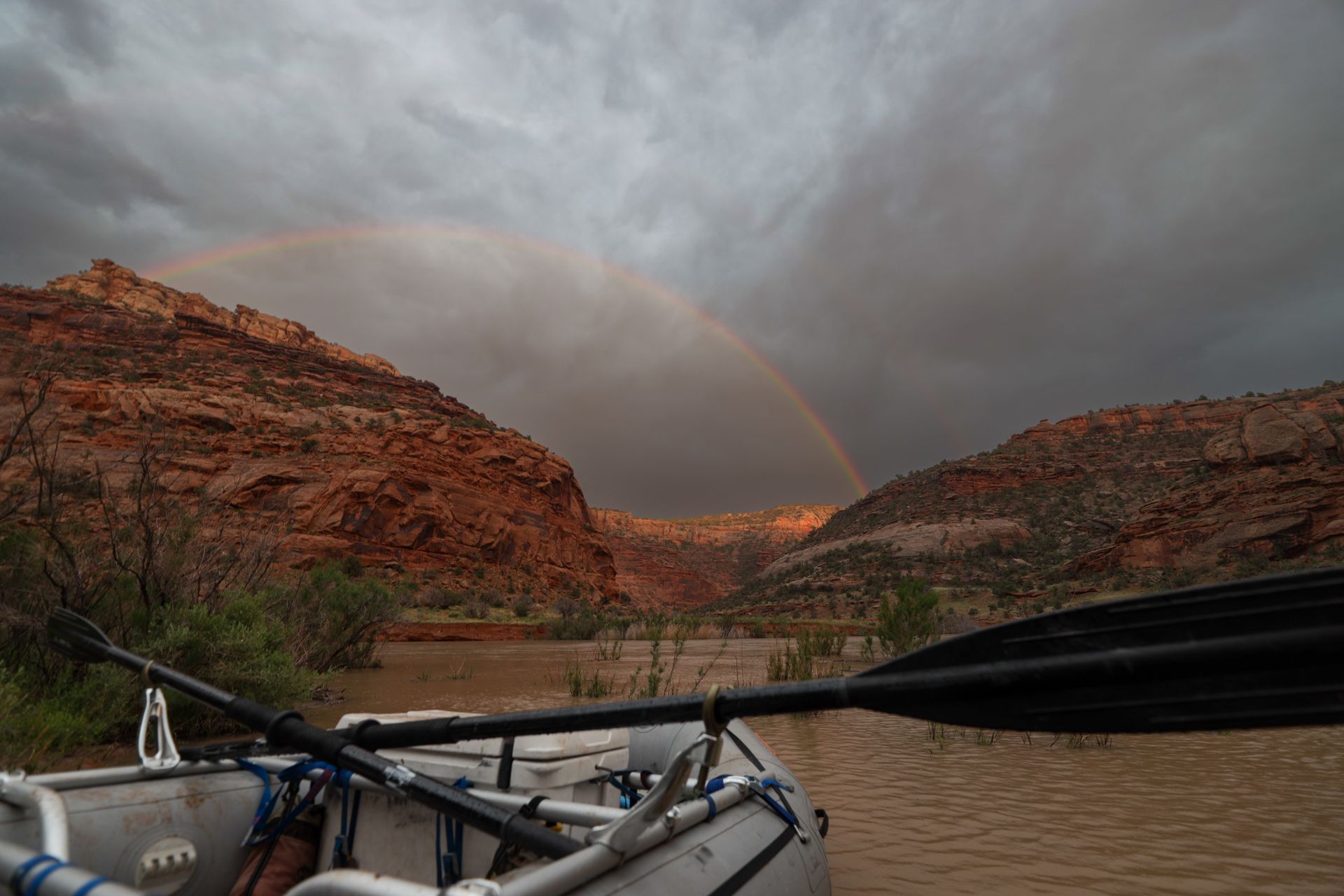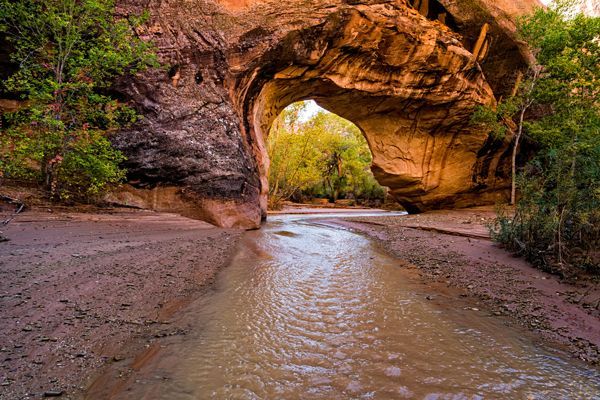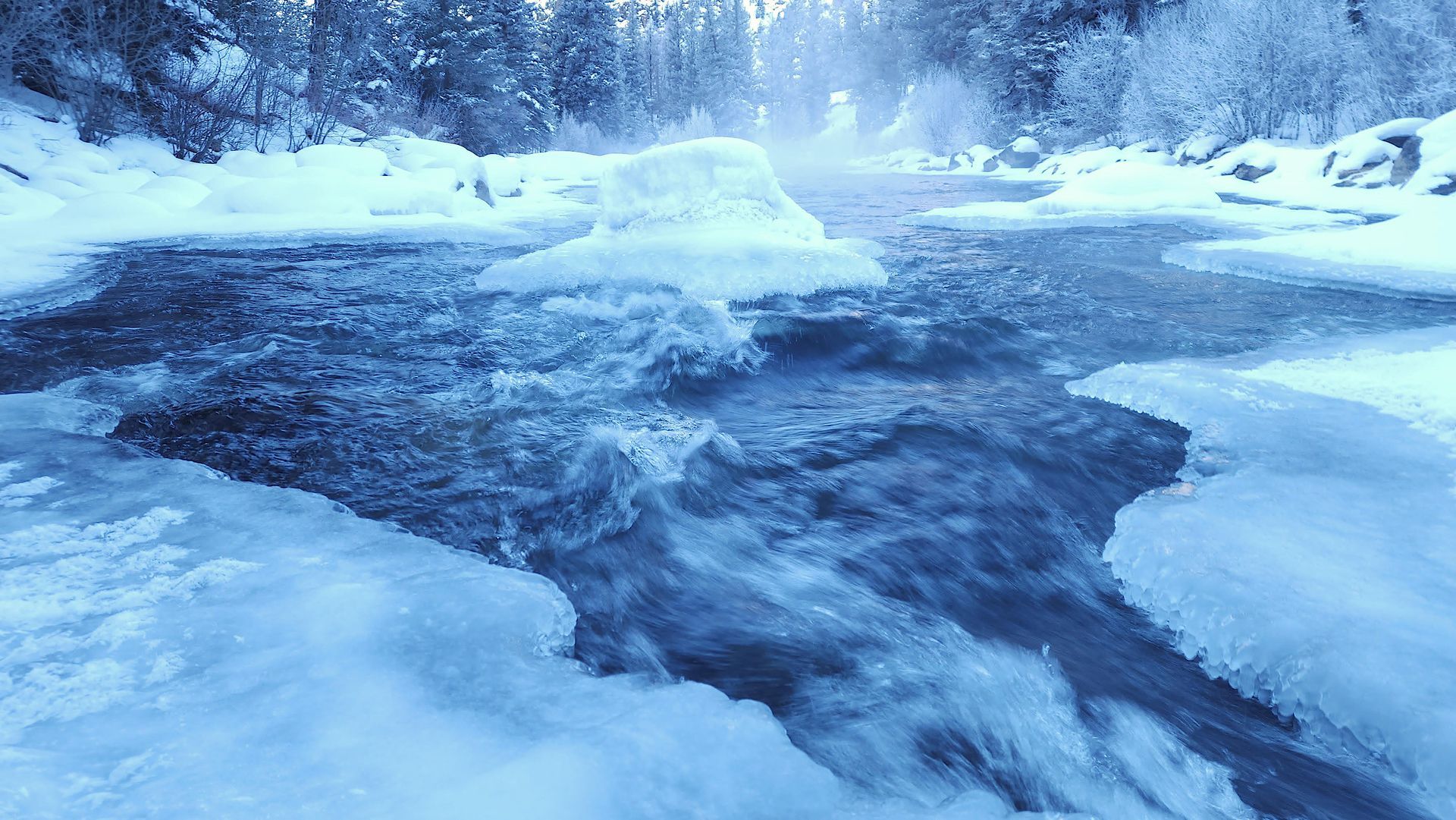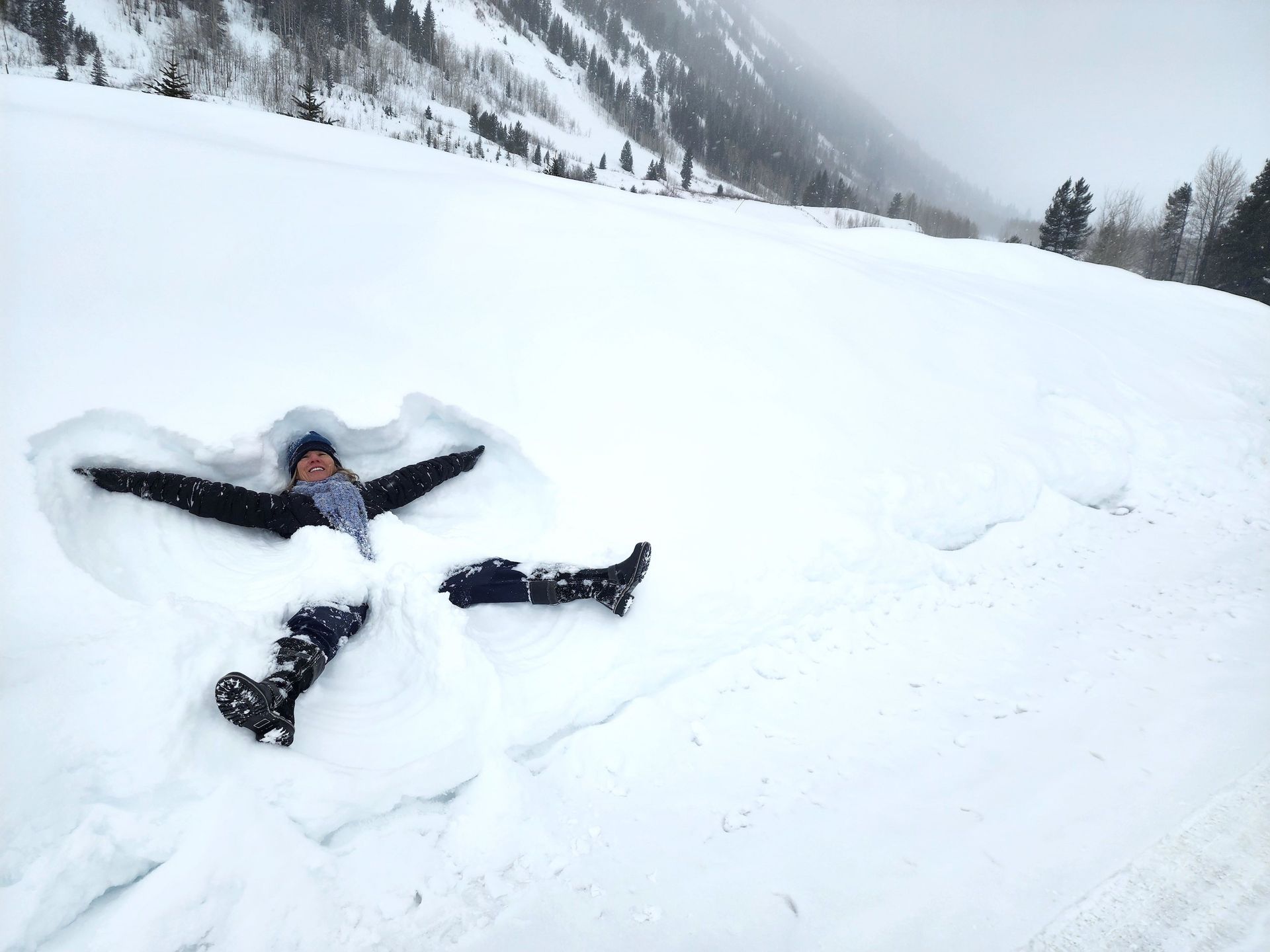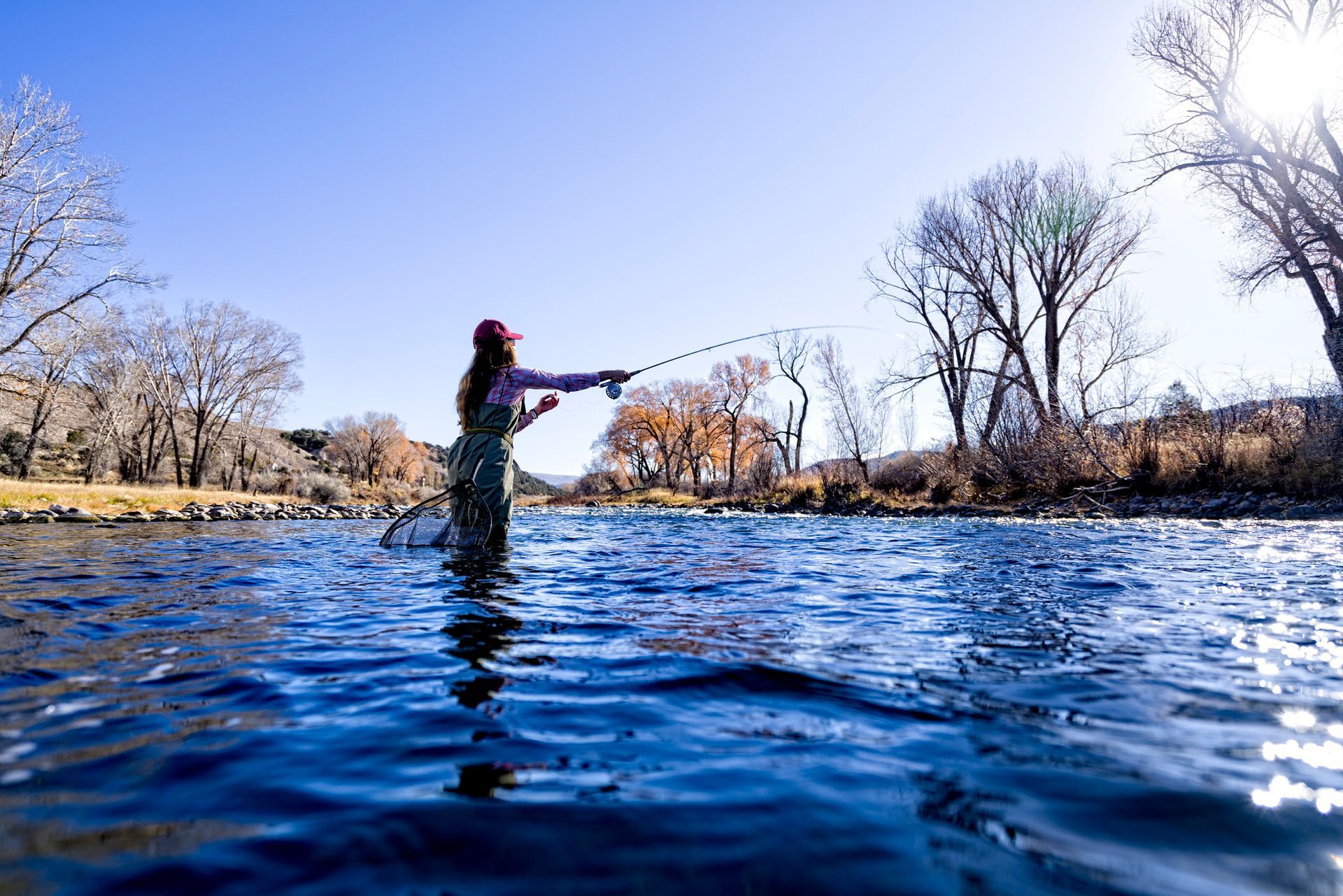Visit Your Rivers in Recognition of Mental Health Awareness
Visit Your Rivers in Recognition of Mental Health Awareness
The mere sight or sound of water can induce a flood of neurochemicals
Have you ever experienced a moment when you feel like your head is so full of thoughts that it feels like it’s going to explode? Do you have a difficult time remembering the timeline of your memories? If you live with neurological conditions such as anxiety, depression or even Attention Deficit Hyperactivity Disorder (ADHD), the world feels like that—loud and chaotic—almost all of the time.
Many people think that mental health is all about what’s going on in your brain, but the truth is that it’s also about what’s going on with your body. When you feel good physically it can help you feel good mentally, and vice versa. Many studies demonstrate that spending time in nature helps you feel better. But did you know that spending time along bodies of water, like rivers and streams, can induce a meditative state that makes us smarter, happier and healthier, calmer—and even more creative?
“When I lived in Vail, I used to hike up and journal next to the creeks. It was a traumatic time in my life with the passing of my mom. After that, it was as though my mind became harder to navigate. I was in a dark place. However, I’d sit next to the creek and it’d help soothe me and clear my head,” says CJ, river enthusiast from Glenwood Springs, Colorado. “While all bodies of water are uplifting, the moving water is representative of clearing things out— moving things along. I find peace in that.”
The mere sight or sound of water can induce a flood of neurochemicals that promote wellness, increase blood flow to the brain and heart, and relax us. They can also help take us away from our busy lives for a little while. Plus, they’re beautiful! Whether you’re looking out over a river from a boat or just walking along its banks, there’s something about the way it flows and sounds that helps settle your mind.
CJ was diagnosed with ADHD as an adult. After reflecting upon that news, she found it made sense. Throughout her life, her brain felt like a computer screen with too many tabs open. Rivers and streams have always been her happy place but she has felt even more connected to them in the last year since finding out. They bring her peace in the midst of chaos. “I need the rivers and will always follow them. If they cease to exist here, I will go to where they are,” she mentioned.
That’s exactly what has been done throughout history. Our ancestors lived near rivers because they provided water, food, transportation and other necessities for survival. But they also provided something else— peace.
When we are near a river, we can feel at peace with ourselves, our surroundings and the world around us. “It’s about letting your cares flow away,” CJ continues. “When I’m river rafting or paddleboarding, my brain quiets down and all of my thoughts are pushed aside because I have to be present in the moment. I can’t afford not to be.”
When you think about it, rivers are like a metaphor for the health of our minds: if they’re healthy, we’re healthy; if they’re polluted or running dry, we suffer. That’s why keeping rivers healthy and flowing is so important—they’re not just naturally beautiful; they’re also powerful allies in one’s quest for mental health.
I think people living with mental health concerns have a heightened awareness of the benefits nature provides,” CJ concludes. “We need people, and organizations like Forever Our Rivers, to care deeply for our rivers. In this loud, crazy world, we can’t afford to lose another natural resource that provides the benefits of healing, safety and peace.”
